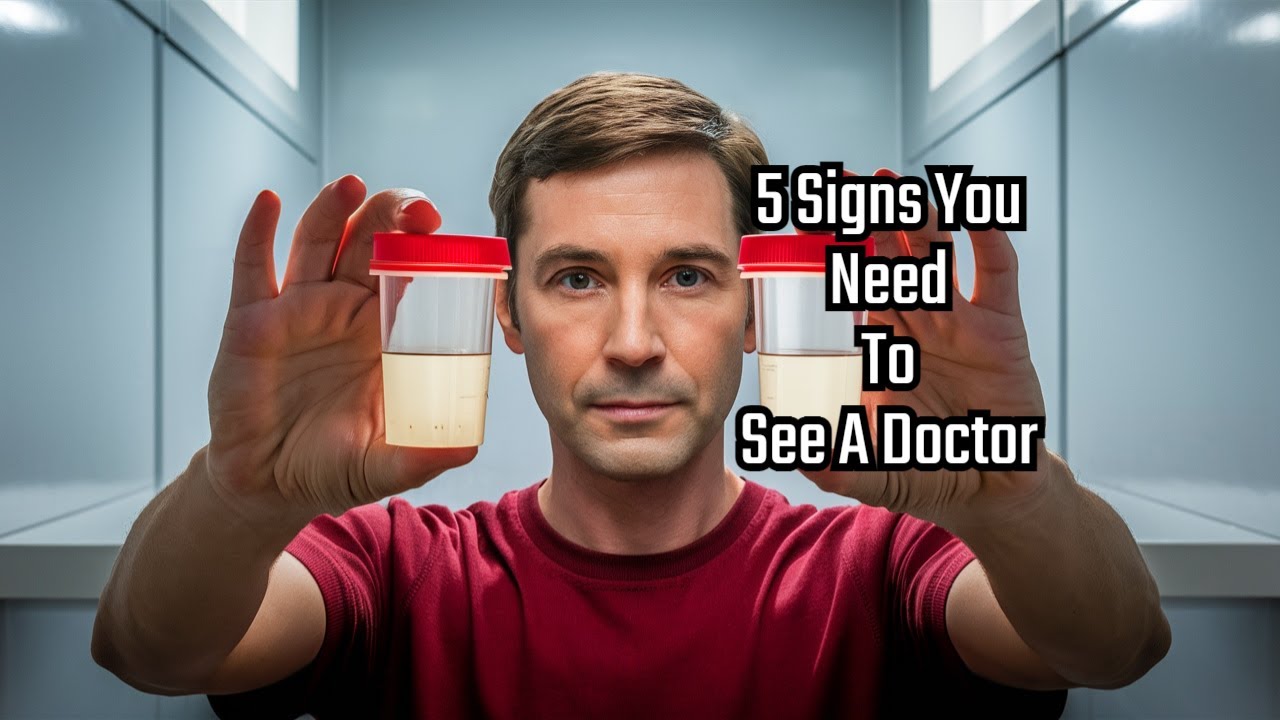Liver Health: What You Need to Know
The liver is one of the most vital organs in the human body, playing a crucial role in digestion, detoxification, and metabolism. Despite its importance, liver health often goes overlooked until significant problems arise. In this comprehensive guide, we will explore everything you need to know about maintaining liver health, from understanding its functions to adopting lifestyle changes that promote optimal liver function.
Understanding the Functions of the Liver
Before diving into liver health strategies, it’s essential to understand the primary functions of the liver. This knowledge will provide insight into why maintaining liver health is so critical.
Detoxification
The liver is responsible for detoxifying the blood by removing harmful substances such as alcohol, drugs, and toxins. It converts these substances into harmless byproducts, which are then excreted from the body.
Metabolism Regulation
The liver plays a key role in metabolizing carbohydrates, proteins, and fats. It converts glucose to glycogen for storage and regulates blood sugar levels. Additionally, the liver synthesizes cholesterol and proteins that are essential for various bodily functions.
Bile Production
Bile, produced by the liver, is crucial for digestion and absorption of fats and fat-soluble vitamins such as A, D, E, and K. Bile is stored in the gallbladder and released into the small intestine as needed.
Common Liver Diseases and Their Causes
Understanding common liver diseases can aid in the prevention and early detection of liver-related issues.
Hepatitis
Hepatitis is inflammation of the liver, commonly caused by viral infections (hepatitis A, B, C) or excessive alcohol consumption. It can lead to chronic liver damage if not managed properly.
Fatty Liver Disease
Non-alcoholic fatty liver disease (NAFLD) is characterized by the accumulation of fat in liver cells. It is often associated with obesity, type 2 diabetes, and high cholesterol levels. Alcoholic fatty liver disease, on the other hand, results from excessive alcohol consumption.
Cirrhosis
Cirrhosis is the scarring of liver tissue due to long-term damage. It can result from chronic hepatitis, excessive alcohol use, or NAFLD. Cirrhosis can ultimately lead to liver failure if not addressed.
Liver Cancer
Liver cancer, also known as hepatocellular carcinoma, is a serious condition often associated with chronic liver diseases like hepatitis and cirrhosis. Risk factors include chronic hepatitis B or C infection, cirrhosis, and lifestyle factors such as smoking and alcohol use.
Signs and Symptoms of Liver Problems
Recognizing the early signs of liver problems can lead to timely medical intervention and better outcomes.
Jaundice
Jaundice is characterized by yellowing of the skin and eyes, caused by a buildup of bilirubin in the blood. It often indicates liver dysfunction.
Abdominal Pain and Swelling
Pain in the upper right abdomen, along with swelling, can signal liver issues. This may result from inflammation or enlargement of the liver.
Chronic Fatigue
Persistent fatigue and weakness can be symptoms of liver disease, as the liver’s impaired function affects overall energy levels.
Nausea and Vomiting
Nausea and vomiting are common symptoms of liver problems, as the liver struggles to process toxins and waste products.
How to Maintain a Healthy Liver
Maintaining a healthy liver involves a combination of lifestyle choices and dietary habits. Here are actionable tips to support liver health:
Adopt a Balanced Diet
A diet rich in fruits, vegetables, whole grains, and lean proteins supports liver function. Foods high in antioxidants, such as berries and leafy greens, can help reduce oxidative stress on the liver.
Limit Alcohol Consumption
Excessive alcohol intake is a major cause of liver disease. Limit alcohol consumption to moderate levels, or abstain completely, to protect liver health.
Exercise Regularly
Regular physical activity improves liver function by reducing fat accumulation and promoting healthy metabolism. Aim for at least 150 minutes of moderate exercise per week.
Maintain a Healthy Weight
Obesity is a significant risk factor for liver disease. Achieving and maintaining a healthy weight through diet and exercise can reduce the risk of NAFLD.
Stay Hydrated
Adequate hydration supports liver function by aiding in the detoxification process. Aim to drink at least 8 glasses of water a day.
Avoid Harmful Substances
Limit exposure to toxins and chemicals, such as pesticides and cleaning products, which can harm the liver. Use protective gear and ensure proper ventilation when handling such substances.
Statistics and Facts About Liver Health
Understanding the prevalence and impact of liver diseases can provide context for the importance of liver health.
According to the World Health Organization, liver diseases affect approximately 844 million people globally, accounting for 2 million deaths annually. In the United States alone, an estimated 4.5 million adults are diagnosed with liver disease each year. These statistics highlight the need for increased awareness and proactive measures to support liver health.
Conclusion
The liver is an essential organ responsible for numerous critical functions that sustain overall health. By understanding its role and adopting lifestyle changes that promote liver health, individuals can reduce the risk of liver disease and improve their quality of life. Prioritizing liver health through a balanced diet, regular exercise, and mindful lifestyle choices can lead to long-term benefits and prevent serious health complications.
Remember, regular check-ups and consultations with healthcare professionals are essential for monitoring liver health and addressing any concerns promptly.
Share this content:
About The Author
Discover more from J and J Fitness
Subscribe to get the latest posts sent to your email.





